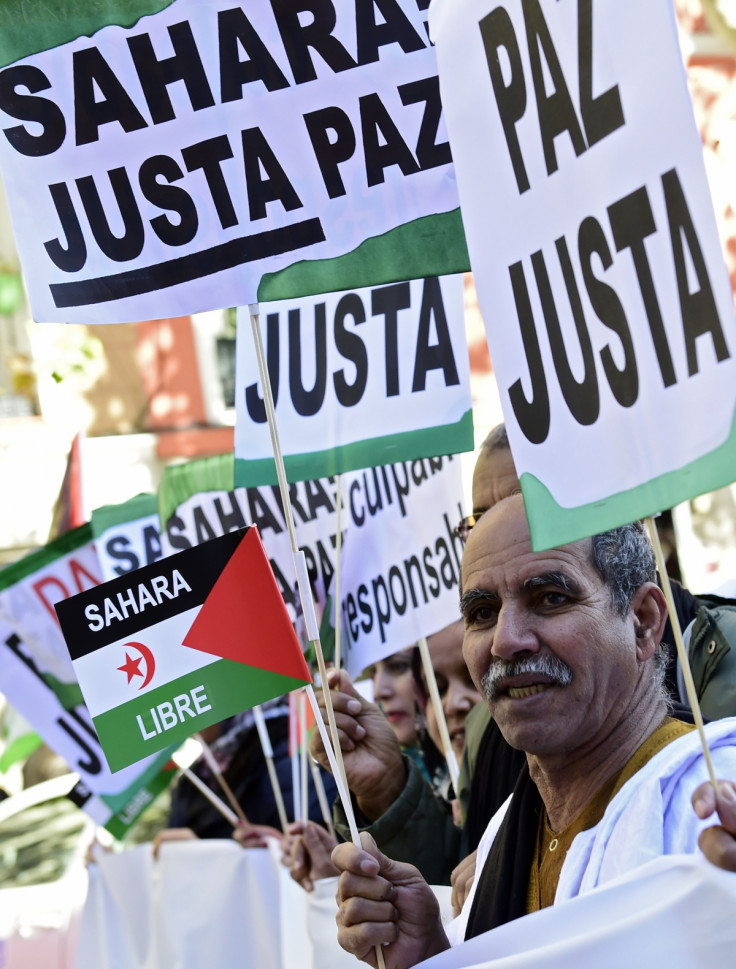Morocco leads mass walkout at Africa-Arab summit over Western Sahara independence
Morocco sees former Spanish colony as its 'southern province' but Polisario Front wants independence.

Officials from Morocco, Somalia and seven Arab nations have walked out from an Africa-Arab summit in Equatorial Guinea in protest against the presence of a delegation from a movement that calls for the independence of Western Sahara. Morocco sees Western Sahara, a former Spanish colony, as its "southern province", and has occupied a large part of its territory since 1975.
Members of the Polisario Front (PF) seeks independence and calls for a referendum on self-determination.
The Moroccan delegation took the decision to protest at "the presence of the emblem of a puppet entity in the meeting rooms", Moroccan news agency MAP said.
Officials from Somalia, Saudi Arabia, United Arab Emirates, Bahrain, Qatar, Oman, Jordan and Yemen also quit the summit, which focuses on economic cooperation.
Morocco recently expressed its wish to rejoin the African Union (AU), which it left in 1984 after it recognised Western Sahara as a member.
In response, Western Sahara claimed Morocco should be allowed to rejoin the AU only if it recognises independence.
Western Sahara's fight for independence
In 1958, Spain merged the colonised districts of Saguia el-Hamra and Río de Oro to form Spanish Sahara, modern-day Western Sahara. Spain faced a tribal uprising by the indigenous Sahrawi people, which culminated in the creation of the PF movement in 1973.
Spain controlled Spanish Sahara until 1975 when it signed, together with Morocco and Mauritania, the Madrid Agreement, which aimed to end Spanish rule in the territory. According to the agreement, which has not been recognised by the UN, Morocco took over Saguia el-Hamra while Mauritania took control of Rio de Oro.
The PF waged a war against Mauritania and Morocco and, in 1976, it created the Sahrawi Arab Democratic Republic (SADR), a partially recognised state that controls a strip of land in Western Sahara and demands sovereignity of the whole country.
In the same year, Mauritania withdrew from the territories and the armed conflict continued between the PF and Morocco until 1991, when both parties reached a ceasefire brokered by the UN.
In 2005, a new wave of unrest dubbed the "Independence Intifada" rocked the Moroccan-controlled areas of Western Sahara. A series of deadly protests also erupted in 2010 and 2011.
In March 2016, Morocco threatened to pull its soldiers out of UN global peacekeeping missions in Western Sahara, after the UN Secretary-General Ban Ki-moon defined Morocco's annexation of Western Sahara as "occupation".
© Copyright IBTimes 2025. All rights reserved.






















